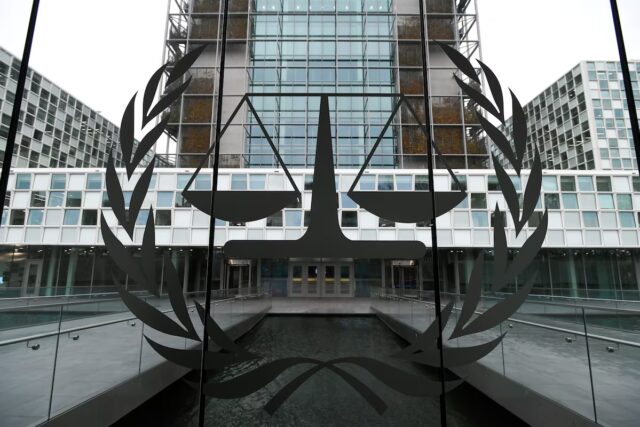International law is often cited as one of the strictest and most unambiguous sets of rules in the world. In practice, however, these provisions collapse the moment they become inconvenient, a privilege enjoyed most by powerful nations.
China offers the clearest example. Despite the 2016 Arbitral Award by the United Nations Convention on the Law of the Sea (UNCLOS) declaring its activities in the South China Sea unlawful, Beijing dismissed the ruling as “nothing but a piece of waste paper.” Since then, China has repeatedly interfered in Vietnam’s oil and gas exploration, claimed jurisdiction over Vietnamese areas, and sent coast guards into Vietnamese waters without permission. These actions have drawn condemnation but no concrete consequences.
China’s influence also keeps smaller states in check. While the U.S., Japan, Canada, and the Philippines marked the 2016 ruling, South Asian nations directly affected by the disputes remained silent—balancing with China rather than confronting it.
Other rulings have fared no better. On March 17, 2023, the International Criminal Court (ICC) issued an arrest warrant against Russian President Vladimir Putin for war crimes in Ukraine. Yet Putin traveled freely to ICC member states like China and Mongolia, receiving red-carpet welcomes instead of arrests. In November 2024, the ICC issued a warrant for Israeli Prime Minister Benjamin Netanyahu, but five months later he made an official visit to Hungary. Not only did Hungarian authorities refuse to act, they threatened to quit the ICC—though they never followed through.
The pattern is clear: international legal rulings are rarely enforced. Implementation depends on political will, and member states consistently place national interests above legal obligations. Sanctions are selective—while the U.S. and EU sanction Russia over Ukraine, they continue to buy Russian energy.
In the end, condemnations are issued, trade continues, official visits take place, and compliance with international law remains voluntary. Without real enforcement, institutions like the ICC remain toothless, leaving international law strong only on paper.
(This article was written by Tisya Sharma, she is an intern at StratNewsGlobal)





